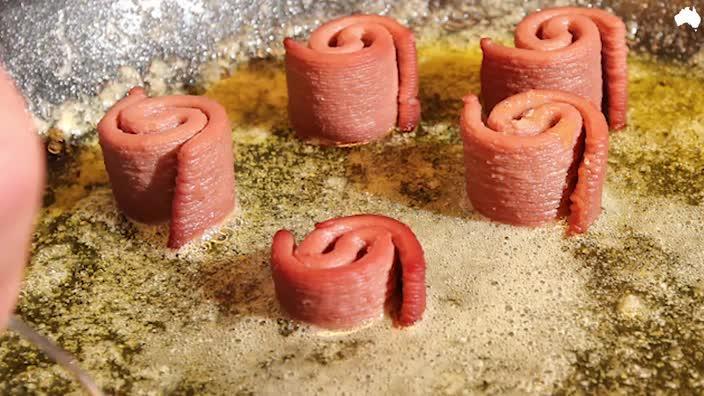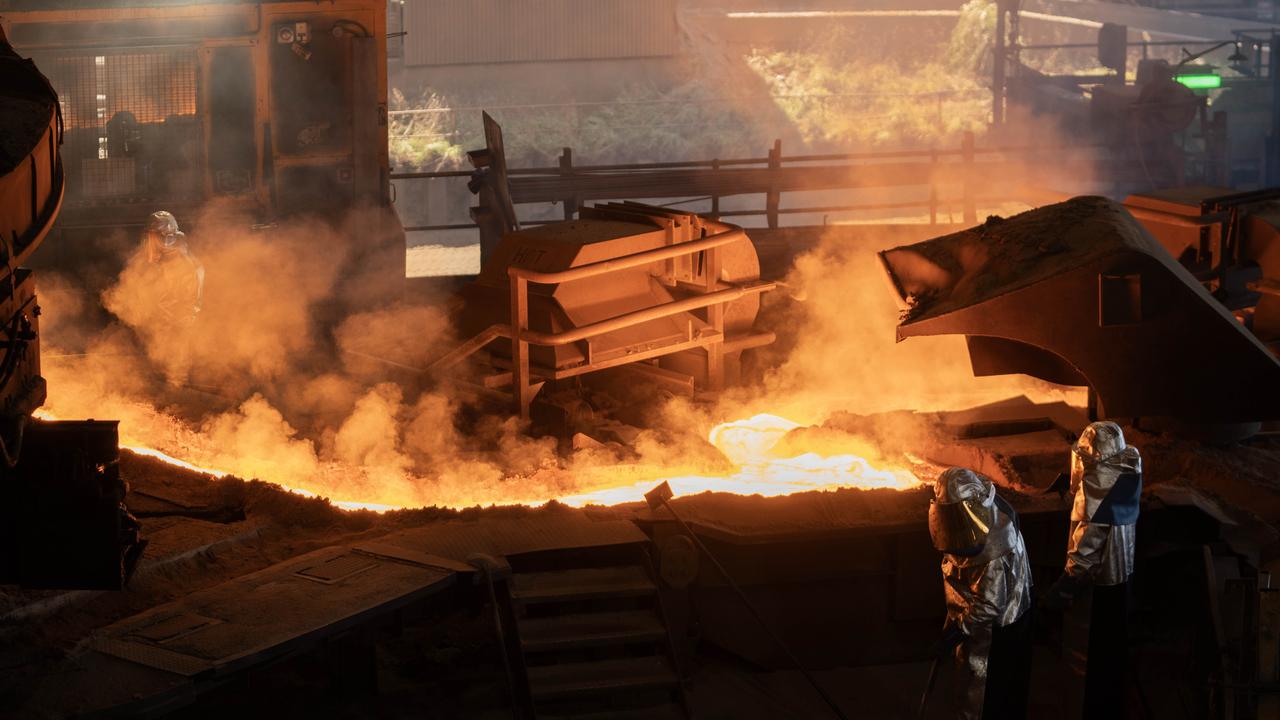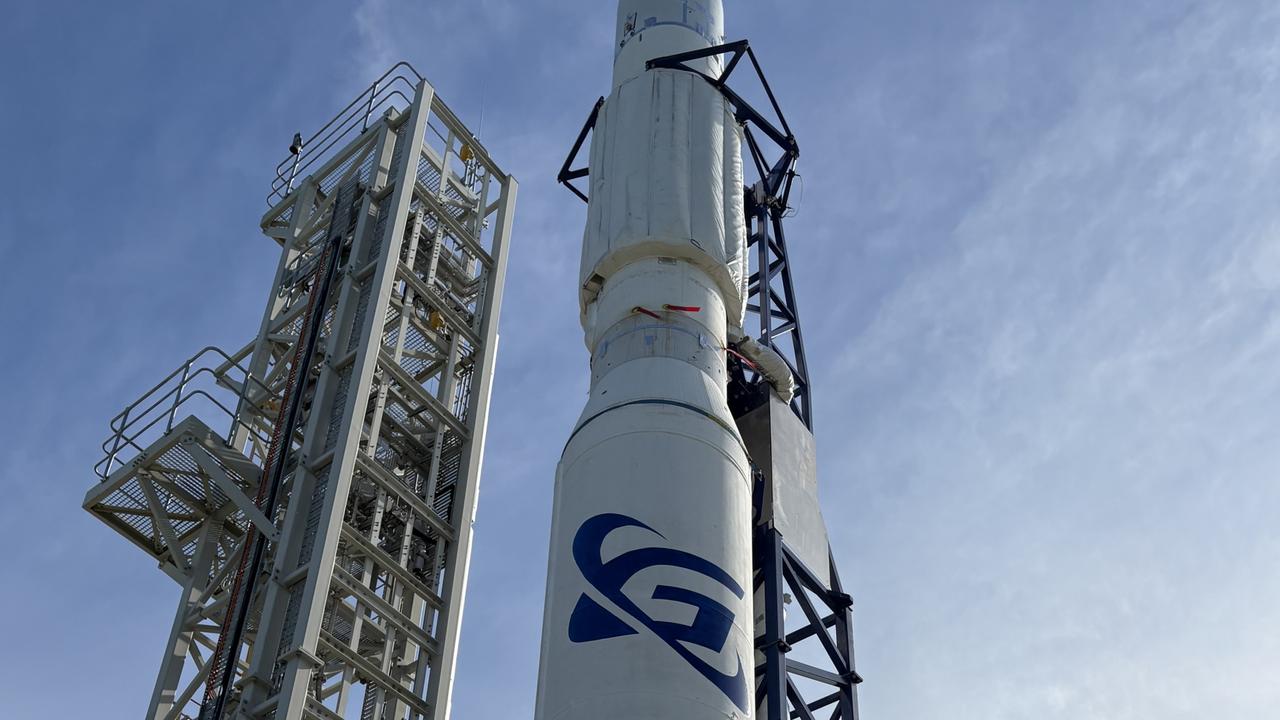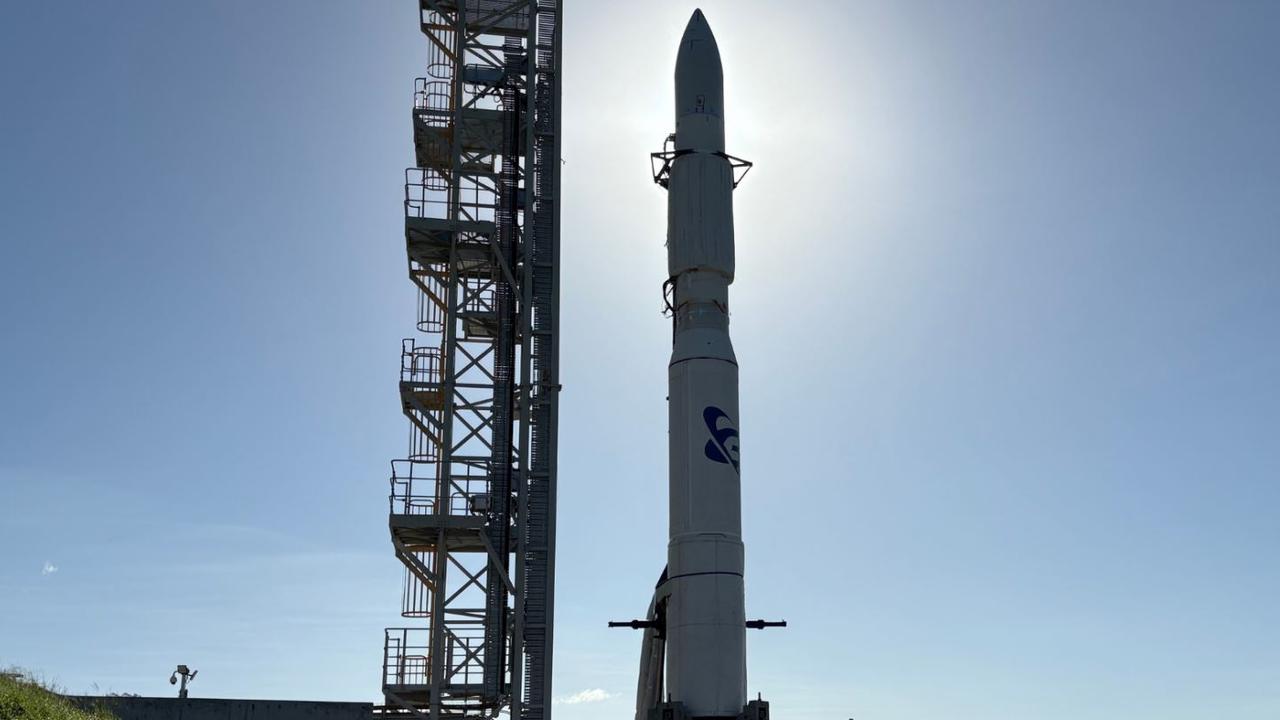CSIRO sets sights on personalised ‘food generator’ based on your DNA, lifestyle and even sweat
IMAGINE hitting a button on a machine to receive a blob of food tailored just for you, based on everything from your sweat right down to your DNA.
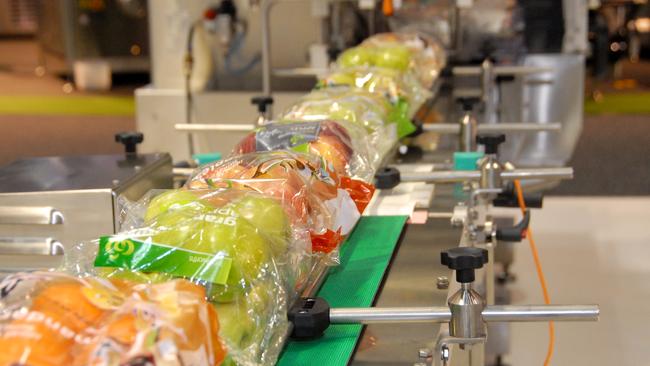
IMAGINE hitting a button on a machine to receive a blob of food tailored just for you, precisely calculated for your daily needs based on everything from your sweat right down to your genetic code.
That’s the dream of Dr Amy Logan, team leader for dairy science at the CSIRO’s food structure research group, who has just kicked off a three-year study into the personalised fabrication of smart food systems.
Personalised nutrition, which involves creating tailored diets based on data including genetic information, as well as lifestyle and physiological state obtained from real-time sensors, has been hailed as the future of food.
According to the European Food Information Council, not only will it help to optimise individual health, it may also work on a larger scale to “help prevent society-wide diseases such as obesity, Type 2 diabetes, cardiovascular disease, cancer, and malnutrition”.
Dr Logan, who is presenting a seminar at the Foodpro food manufacturing expo at the International Convention Centre in Sydney this weekend, is melding the sciences of personalised nutrition and intelligent manufacturing such as 3D printing.
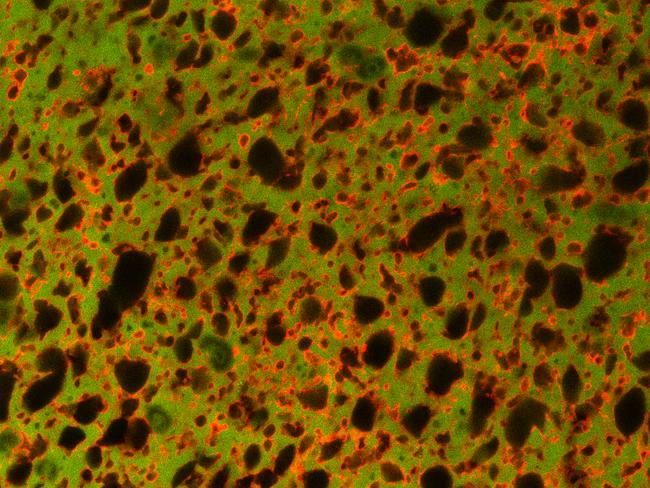
“The vision we have is that in 20 years time, someone would wake up in the morning, their physiological markers will have already been measured in a really unintrusive way, potentially through their sweat while they’ve been sleeping using biosensor technology,” she said.
“It’s already conveyed that information to a software system that’s linked to this, what we’re calling a ‘food generator’, that’s sitting on their kitchen bench, and that will be what generates this structured food that has their nutrients for the day.
“They’ll have their coffee maker, and their food generator. The beauty is they don’t need to put much thought into it — it has already determined what they need. They can also put in information, so if you’re going on a 10km hike that day, obviously your needs are going to be different.”
But Dr Logan said the end product wouldn’t be a Soylent Green-style, food-like sludge.
“The idea is it is actual food,” she said.
“We appreciate that while consumers are wanting that next level of nutrition, they still enjoy the mouthfeel, the traditions of eating a proper meal.
“We’re doing the underpinning work at the moment to examine how we can structure these foods. We’re looking at, as a basis, high-protein based foods, so there is a nice structure. We’re looking at what the best mechanism would be, not closing any doors.”
3D printing, however, is “quite limited” in what it can do at the moment. “That’s really going to be at the heart of the research,” she said. “We have a three-year program in place looking at what are those new, innovative technologies that can take us to that next level.”
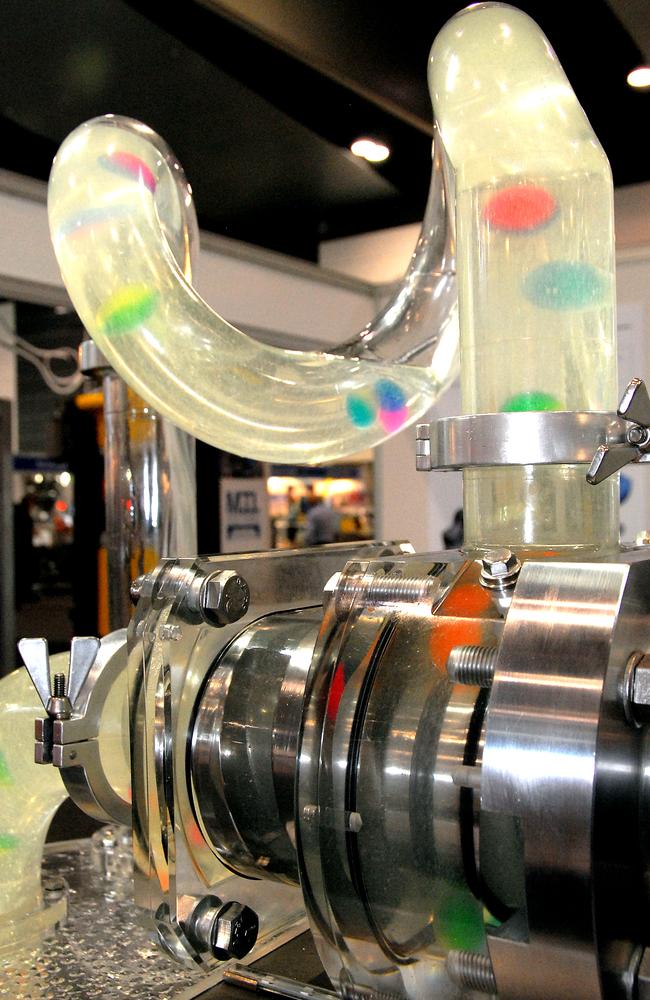
Dr Logan said the program was targeted at the everyday person, but could provide benefits across the entire spectrum, from high-performance athletes to the elderly.
“We’re seeing trends that everyday, average people are more willing to have their data collected, through Fitbits and other monitoring techniques, and are more interested in what it is they’re eating.
“So our specific outcome is for better wellbeing. We also have another program that’s looking at structuring foods for people with dysphagia [difficulty swallowing], and potentially this would be suitable for schools as well, so you can make sure every Australian child is getting the right nutrition.”
Foodpro, which started life 50 years ago as a meat fair, is expected to attract 10,000 visitors from across the country over four days. Food is the largest manufacturing sector in Australia, employing about 300,000 people and turning over hundreds of billions of dollars annually.
“When you go to the supermarket, [the people who make] all the products on the shelves are visitors to this show,” said event director Peter Petherick.
“The Nestles, the big meatworks, smallgoods companies — all of the stuff they make, they buy the equipment here to make it. There is not a processing machine in this place that’s not worth at least $60,000. If a smallgoods company came in here to refurbish their factory, they could easily spend $10 million.”
In addition to processing and manufacturing, the expo covers new types of packaging, refrigeration and storage, as well as a food science and technology including new ingredients, flavours, fragrances, preservatives and laboratory equipment.
Exhibits this year will include the Microsoft HoloLens augmented-reality headset, which has been adopted by manufacturers including packacking giant Tetra Pak, a “forward osmosis” technology which will speed up processing for dairy and other producers, and even an oven that “promises to cook better bacon”.
“To the man on the street there’s nothing here that’s exciting, because they don’t know what it is or what it does,” said Mr Petherick.
“That’s in the eye of the beholder. It’s a totally different world no one knows about.”
